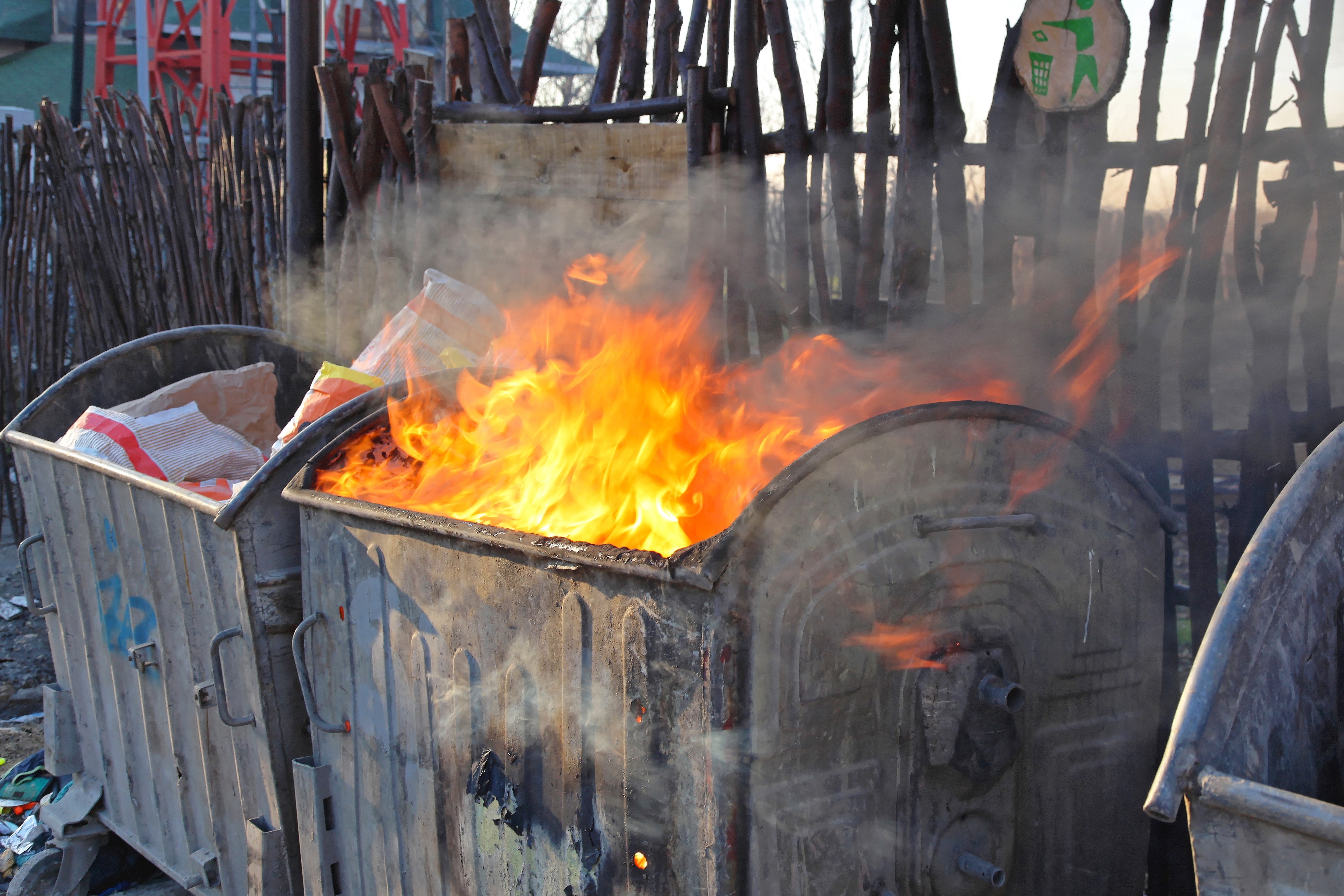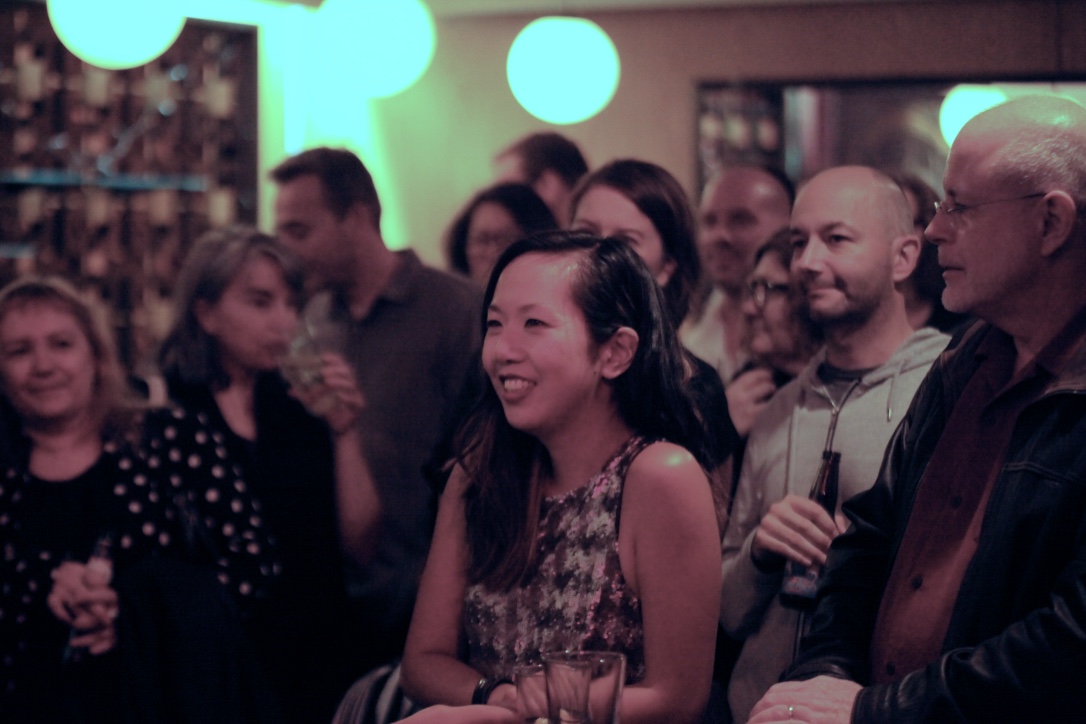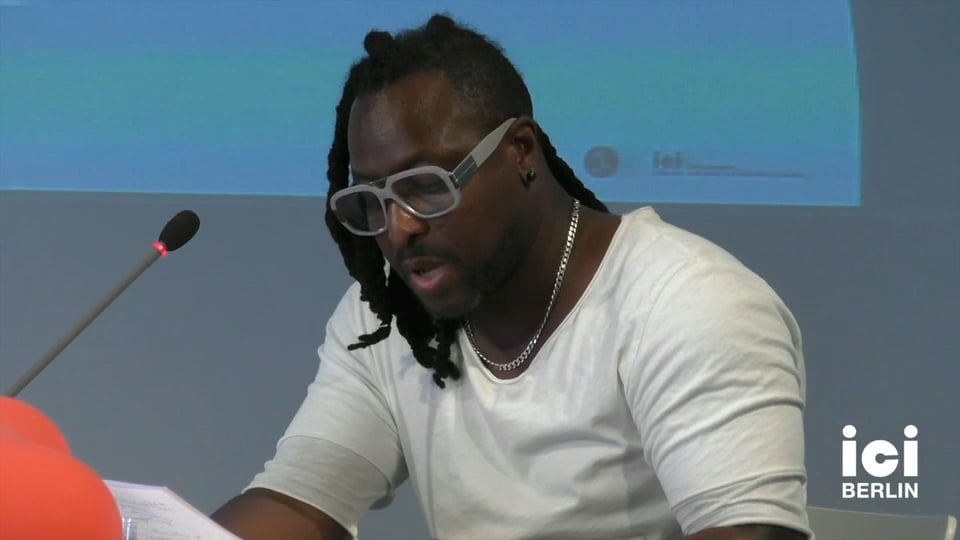CanLit is a Raging Dumpster Fire
By Alicia Elliott
We’ve all said it, heard it, or, more than likely, done both at some point in the past year and a half. In fact, it would seem that dissatisfaction with the state of CanLit, strangely enough, is the current state of CanLit. One has to wonder: what is it about CanLit that makes people consider it a "dumpster fire"? Why are writers suddenly eagerly anticipating its fiery death? What are they hoping to build from the ashes?
It’s not hard to point to one moment that definitively cracked the literary community in half: the UBC Accountable letter. It was a demand by over 90 prominent Canadian writers and artists for an independent inquiry into the process by which UBC fired former Creative Writing head Steven Galloway. While many of the writers initially signed the UBC Accountable letter before any clear information about the allegations against Galloway was available, once it was confirmed by numerous sources that those allegations were, indeed, sexual harassment and sexual assault, only a handful of writers removed their name. Apparently, this illustrious group had chosen their figurative hill to die on: the reputation of a critically-acclaimed peer accused of committing sexual violence against one of his students.
As Kai Cheng Thom points out in her brilliant, searing essay, “Sometimes Women Have to Make Hard Choices to Be Writers,” powerful older men using their prestige to commit sexual violence against younger women happens so often in this industry it’s almost considered a rite of passage. Many women have experienced this trauma themselves at the hands of mentors and professors – and yet, strangely, still don’t stop it from happening to others. Thom suggests this may be because, once a woman has established herself in CanLit, it is too painful and difficult to confront “the possibility that the same establishment that made her prosperous and proud is built on the exploitation of her sisters.”
In her deeply personal essay “Open Letters and Closed Doors: How the Steven Galloway open letter dumpster fire forced me to acknowledge the racism and entitlement at the heart of CanLit,” Jen Sookfong Lee describes feeling pain that closely parallels precisely what Thom describes. She explains that, prior to the Galloway open letter, the general consensus was that CanLit was left-leaning and progressive. Though she herself had experienced racism within the industry, she’d been denying the extent of this racism, especially to herself. Post-Galloway, Sookfong Lee could no longer hold onto these illusions, and had to admit that having them in the first place only served to uphold the racism that so often hurt her. “I had to finally admit that I had been working in an industry that had never held a space open for me,” she writes. Her own experience of CanLit “is not the CanLit experience I want for new writers.”
While a lot of this anger has crystallized post-UBC Accountable, it is ultimately part of something deeper – something that has been simmering beneath polite Canadian smiles for a very long time. It’s bubbled over at key moments. For example, in 1989, when Chippewas of Nawash poet Lenore Keeshig took non-Native writers to task for appropriating Native stories and voices. Perhaps predictably, non-Native writers did not stop. They took Keeshig’s request as censorship. Nearly thirty years later, the “Appropriation Prize” scandal broke – and these same exact arguments were trotted out.
We could also look at 1997, when Rinaldo Walcott wrote the landmark book Black Like Who?: Writing Black Canada. This book described Canada’s continual erasure of black people from its history, as well as its tendency to view black men as criminals. Twenty years later, seeing little progress, Walcott decided to quit CanLit, saying, “CanLit fails to transform because it refuses to take seriously that Black literary expression and thus Black life is foundational to it. CanLit still appears surprised every single time by the appearance of Black literary expression and Black life.”
How is CanLit continually making the same mistakes? Or, to put it more frankly, how do the writers, editors, publishers and agents that make up CanLit live through those mistakes, hear them pointed out, do nothing to address them, then still somehow manage to tell themselves that CanLit is diverse and progressive? And why are we suddenly – finally – willing to actually see these mistakes now?
Before I go any further I should, perhaps, mention that I’m a Haudenosaunee woman and, therefore, have never felt any particular fondness for or identification with Canadian nationalism. It’s quite difficult to feel nostalgic for the country that has been trying to systemically destroy my nation since before it was considered a proper nation itself. That said, this lack of patriotism does permit me a very necessary perspective; after all, if I’m not attached to Canada’s national identity, I have no stake in maintaining it, and I feel no pain dismantling it.
You may see where I’m going with this and you may already be resisting. Wait. Bear with me. I believe that this sudden anger at CanLit is the inevitable result of Canada's own national identity crumbling. When you think about it, it’s really not that farfetched. One could very easily go through this entire essay, swap the word “CanLit” for “Canada” and it would still, for the most part, make perfect sense. What words have traditionally been employed to describe CanLit? Polite. Liberal. Progressive. Welcoming. Aren’t these the exact words consistently used to describe Canada? And if CanLit’s really none of these things, can we honestly believe that Canada is?
As Jian Ghomeshi’s recent sexual assault trial showed, rape culture is built into the Canadian justice system. What’s more, this past February, Globe and Mail reporter Robyn Doolittle revealed in an extensive investigation that rape culture is also built into policing: Canadian police dismiss one in five sexual assault claims as “unfounded” before they can even go to trial. Given this context, is it really that surprising so many powerful members of CanLit came forward to defend Galloway, bandying about that same word – “unfounded” – as though it were uncontestable truth?
Your CanLit News
Subscribe to Open Book’s newsletter to get local book events, literary content, writing tips, and more in your inbox
Canadians have just spent an entire week debating whether Sir John A. MacDonald should be criticized by “today’s standards.” MacDonald, the first Prime Minister of Canada, was also the genocidal leader behind creating residential schools, starving Indigenous people into signing away their land, outlawing our ceremonies, murdering Metis leader Louis Riel, and publicly executing Cree warriors in the largest mass execution in Canadian history – which he forced their families to watch. If Canadians refuse to listen to our perspectives on a man that actively killed our ancestors, stole their children and outlawed our culture, is it any surprise they don’t listen to our perspectives on non-Native writers appropriating that culture?
Black people in Canada continue to be murdered by police officers who do not value their humanity – and the lack of consequences for those murders only reinforce and legitimize this dehumanization. On top of that, racist carding policies that specifically target black men, presuming them to be inherently criminal, continue. When Canadian institutions devalue and dehumanize black Canadian lives, can we really be surprised that CanLit devalues and marginalizes black Canadian literature?
A national literature’s job is to both define and uphold the nation. But what if that nation’s foundational beliefs about itself are, well, lies? What’s left for those who are creating national literature but to feel alienated, lost, hurt? Maybe, for those who still very much want to feel proud to be Canadian, it’s simply easier to call CanLit a dumpster fire. That way, you don’t have to call Canada itself a dumpster fire. You don’t have to acknowledge how accepting and perpetuating Canada’s national myths of politeness, acceptance and multiculturalism necessarily erase any evidence to the contrary. You also don’t have to acknowledge the existence of Canada’s systemic discrimination – or how your silence on that discrimination may be making you complicit in upholding it.
It’s complicated to love a country that still actively hurts so many of the people who live within it. Do you let your love make you blind, do you stop loving the country entirely, or do you acknowledge its imperfections, shrug and try to love it anyway?
It doesn’t have to be that simple. All of us as writers know the blessing and curse that is constructive criticism. Though we can objectively recognize that it ultimately makes our work better, when we’re hearing that constructive criticism, it hurts. Sometimes for days, weeks, months, years. But eventually, we all sit down, assess the criticism and do the work to fix the problems.
Currently, we’re collectively mourning the loss of a CanLit – and a Canada – that was always an idea instead of a lived reality. It’s fine to mourn, of course. It’s natural. But we can’t just stand around and complain about the dumpster fire in front of us forever. Eventually we have to grab some fucking fire extinguishers and put that fire out. In other words, we have to sit down, assess the criticism and do the work to fix the problems.
We don’t need to wait for stubborn, lagging institutions to change. We never have. We can make change ourselves, now. In fact, we are. So many amazing people are stepping forward and speaking out, or quietly writing revolutions. Take that momentum and build on it. Write the books you’ve always wanted to read. Encourage others to write the books you’ve always wanted to read. Celebrate those books. Mentor young writers. Become the support you wish you’d had. Put your ego aside and listen to the constructive criticism you need to hear. Learn from that criticism. Give both CanLit and Canada no choice but to become better.
Okay, enough talk. Are you ready? We’ve got a lot of work to do.
The views expressed by Open Book columnists are those held by the authors and do not necessarily reflect the views of Open Book.
Alicia Elliott is a Tuscarora writer living in Brantford, Ontario with her husband and daughter. Her literary writing has been published by The Malahat Review, Room, Grain and The New Quarterly, and her current events editorials have been published by CBC, Globe and Mail, Maclean's and Maisonneuve. She's currently Associate Nonfiction Editor at Little Fiction | Big Truths, and a consulting editor with The New Quarterly. Most recently, her essay, "A Mind Spread Out on the Ground" won a National Magazine Award.



